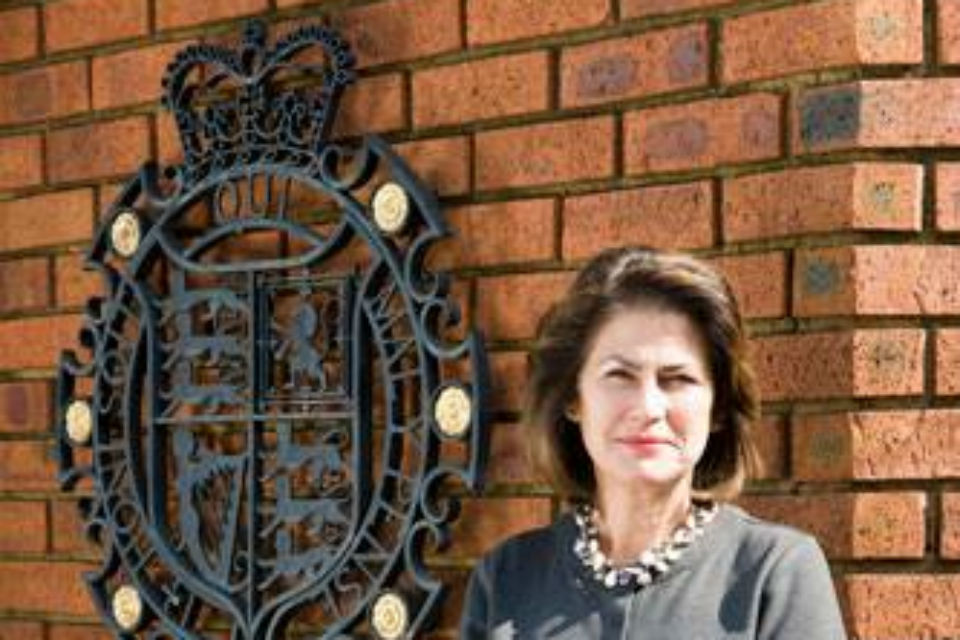British High Commissioner on arts and culture collaboration between UK & South Africa
On 16 April, British High Commissioner HE Dame Nicola Brewer signed a Memorandum of Understanding with the South African Department of Arts and Culture.

British High Commissioner Dame Nicola Brewer said:
“Honorable Minister, Ambassador, distinguished colleagues from the DAC and DIRCO, Director National Library, members of the media, ladies and gentlemen.
I am very happy to be here today to mark a new stage in furthering the cooperation between the UK and South Africa in the field of arts and culture. There is of course a long history of artistic and cultural collaboration between our countries, but it is good to formalize that through this MOU, and to commit ourselves to advancing this relationship.
In 2010 the British Prime Minister, David Cameron, launched the GREAT campaign, a programme to highlight what we think makes the UK a great place to do business with, to visit, to study or live in. Many of the elements of this campaign are cultural; from our schools to our sport, from our food to our fashion. The cultural links between our two countries of course go back way beyond 2010. Many South African footballers have represented English Premier League teams. The ‘theatreland’ of London’s West End is familiar territory to South African performers, and British artists from Sir Cliff Richard to Coldplay always receive a warm reception under the South African sun.
In the time between the South African World Cup of 2010 and the London Olympics of 2012 our two countries first committed to developing this MOU at the last inter-ministerial Bilateral Forum in London in June 2011. Since then, the Minister and I, and officials on both sides, have remained in close contact working up the agreement itself. Importantly, we’ve also used that time to discuss ways in which such an agreement might play out in practical terms, to raise artistic collaboration between our two countries to a new, sustainable, and higher level. So we didn’t wait for the signature before getting down to business.
The partners responsible for the implementation of MOU will be the Department of Arts and Culture on behalf of the Government of South Africa, and the British Council on behalf of Her Majesty’s Government in the UK. The DAC and the British Council already have a long standing relationship and have every confidence they will continue to work well together as we jointly begin delivering on the ambitions of the MOU.
A significant first initiative they will work on together will be an exciting South African-UK arts season planned for 2014 called ‘Connect-ZA: Connecting the creative communities of South Africa and the UK’. The MOU provides the vehicle for collaboration on this season. In coming weeks, representatives from the British Council and the DAC will sit down to begin mapping out specific programmes they will collaborate on as part of the season. It will include opportunities for showcasing and for capacity development in both countries. The season will have a strong focus on young people for whom the South Africa-UK connection needs to be re-fashioned every generation.
I see it as a critical part of my job at the British High Commission to re-create the reflex among younger South Africans and Britons to think about and enjoy each others’ countries and cultures. Underpinning both the MOU and all of the activities of the 2014 season is our shared desire for long term, sustainable collaboration between our countries which will have resonance far beyond 2014.
There is huge interest across the UK arts sector for greater engagement with South Africa. We believe that your 20th anniversary of democracy celebrations are an ideal opportunity to communicate a positive and contemporary story about South Africa back to the UK.
We are delighted to be continuing our work with South Africa and look forward to a long and fruitful partnership in this important area of public diplomacy”.